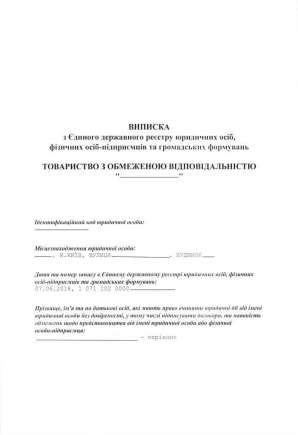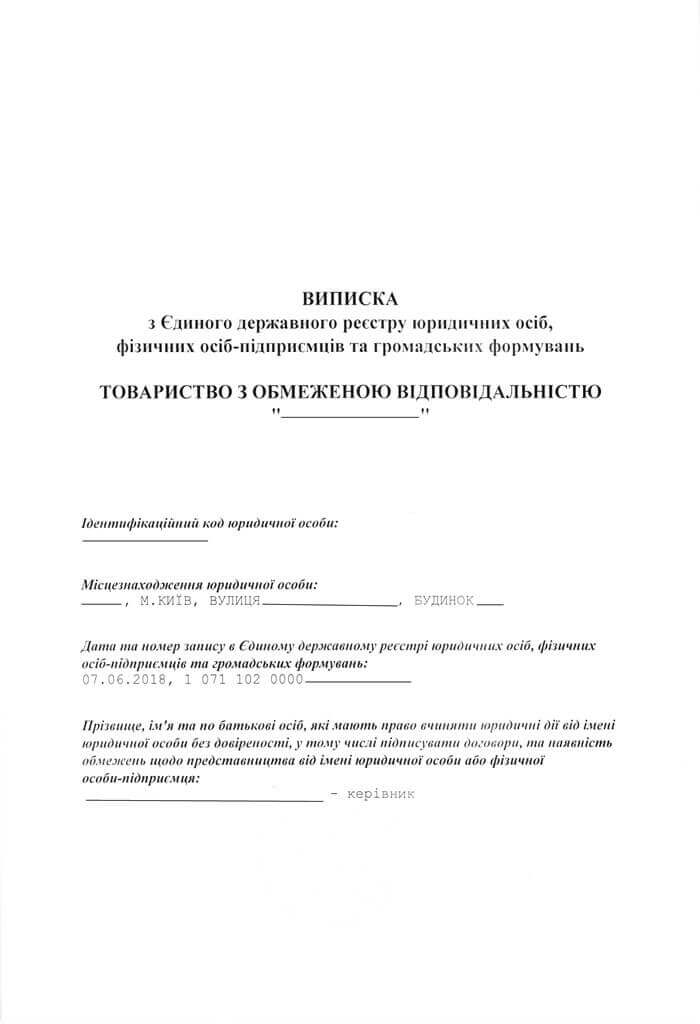Can A Foreigner Provide A Refundable Financial Aid To His Business In Ukraine And Why Can It Be Profitable?
Cost of services:
Reviews of our Clients
... our work on joint projects assured us of your high level of professionalism
Working capital is an important prerequisite for carrying out business activity. It allows a company to purchase the necessary equipment, rent premises or pay the first salary to employees.
At the early stages of the company’s functioning, the owners are faced with the issue of its effective financing. Our foreign Clients often inquire us about how to legally and beneficially finance their business in Ukraine.
Related article: Opening A Bank Account For A Company With A Foreign Director
Refundable financial aid as a way to bring funds into a company in Ukraine from abroad
One of the effective ways to financially support a new company is a refundable financial aid provided by its founder for a successful start of business activities.
Financial aid is actually the provision of a certain amount of funds to be used for a specified period of time on a refundable basis (with an obligation to repay it) or non-refundable basis (without such an obligation).
That is, you provide a certain amount of funds to the company for use that shall be refunded after a certain period of time.
The key advantage of financial aid, as opposed to other methods of financing, is the taxation of the operation.
Refundable financial aid: except for rare nuances, for tax accounting purposes, the provision of a refundable financial aid or its refund causes no tax consequences either for the borrower, or for the lender.
Non-refundable financial aid: the provision of such financial aid is actually a gift and therefore it is subject to taxation.
In other words, as a general rule, the non-refundable financial aid is not income (for the purposes of personal income tax or single tax) and does not affect the financial result (for the purposes of income tax). However, in case of failure to refund such financial aid (its part) within the period stipulated in the agreement, the non-refunded (or “overdue”) amount shall be included in the tax base of the respective tax.
You may also like: How Can A Foreigner Start A Business In Ukraine Without Visiting The Country
There are also some peculiarities for single taxpayers, for whom the refundable financial aid is not considered income only if it is short-term (the refund period does not exceed 12 months). If it is not refunded within one year from the date of receipt, the non-refunded amount is considered income for single tax purposes (regardless of the fact that the agreement provides for a longer period).
How to legally execute the refundable financial aid to business?
The legal basis for granting the refundable financial aid is a grant agreement, which contains the provision that no interest shall be accrued for the use of money.
The agreement may be concluded either in writing or orally (provided that the recipient issues a receipt indicating the amount of the financial aid). We do not recommend to enter into an oral agreement, as it may then be difficult to prove the conclusion of the agreement. In addition, if financial aid is provided by a non-resident, the the agreement must be in writing in order to be binding.
Significant terms and conditions of the agreement:
- the loan amount;
- the provision about interest-free use of funds;
- refund period (which is important for tax accounting).
The currency regulation reform completed in 2019 added relevance to the provision of financial aid by non-residents. The reform abolished the onerous procedures of state registration of the loan agreement and obtaining an individual license for a transaction at the National Bank of Ukraine (NBU) even before the loan is received.
Today, in order to make a transaction, a resident must register the agreement with the NBU (in fact, you need to provide information about the agreement to your bank: the amount of financial aid, payment terms, parties, etc.). As before, this shall be done before the actual receipt of funds.
Financial aid as a way to finance your company at early stages is extremely attractive from the tax point of view.
If you want to know more about the process, or to execute a reliable and correct grant agreement, don’t hesitate to call us.
We are ready to help you!
Contact us by mail [email protected] or by filling out the form:









